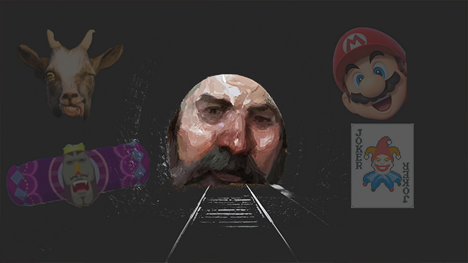
Featured Blog | This community-written post highlights the best of what the game industry has to offer. Read more like it on the Game Developer Blogs or learn how to Submit Your Own Blog Post
Why Horror Is the Hardest Game Genre: Scaring the Design Out of You
Just because your game features monsters, the dark, and even the fear of dying, does not immediately make it an example of horror.
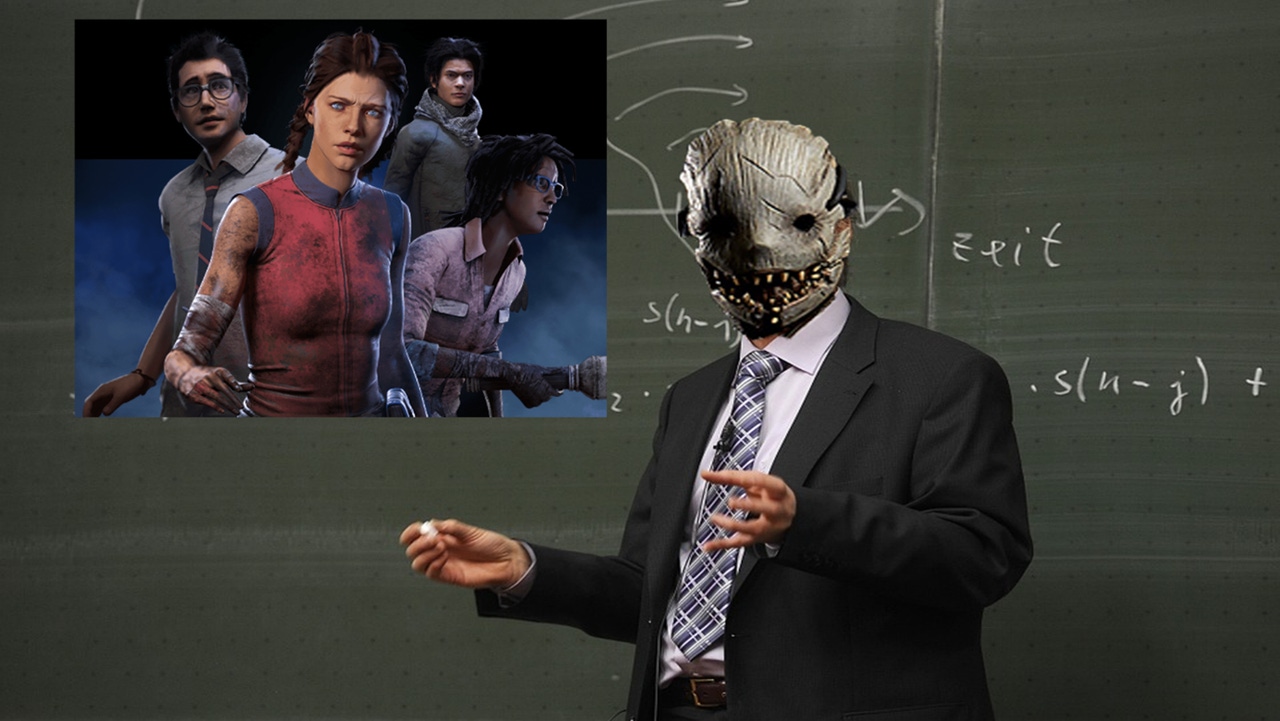
The Tone of Terror
Horror is a genre built on aesthetics and theme and not so much on mechanics. You can make any kind of gameplay and concept into a horror game, and we've seen that from the indie space. However, there is a difference between saying your game is horror, and making one. Just because your game features monsters, the dark, and even the fear of dying, does not immediately make it an example of horror.
Horror is about understanding the pacing and structure that goes with keeping someone uneasy and knowing when to release that tension. Too many indie horror games have all the build-up, and none of the release, or it's just jumpscare after jumpscare to the point that the game feels like a haunted house.
The player needs to feel like they are both in control and completely out of control of the situation. For example, if you have a game where things are spooky and the player doesn't have a weapon or any means of fighting back, then that means that either no danger is going to happen, or the game is just going to hit you with jumpscares. This is why having a weapon in a horror game does the opposite of having one in an action game -- the player knows that they are expected to fight back, but can they?
This also provides an easy way of releasing tension, when they turn a corner and spot some giant thing who makes their gun look like a peashooter. There must be an ebb and flow to the gameplay if you want your horror to work, and that means knowing when to push things further and when to dial back. Another trend of lesser horror games is that there is no pushback -- it's just a constant build and escalation of horror; a popular tactic in short-form horror that I'll talk about further down. But with that, I want to talk about the three trends I'm not a fan of.
Darkest Difficulty
https://youtu.be/e36Nax5DrrY
Horror and darkness go together like a very evil peanut butter and jelly sandwich -- the fear of the unknown and knowing that this dark room you are in could be hiding literally anything is a powerful scare tactic. But the problem that I have is when darkness is not used as a form of horror, but to make a game more frustrating and difficult to play.
Stop me if you've seen this in an indie horror game -- you must use a light source that barely shows more than 3 feet in front of you, it can only be refilled by using consumable items, and despite its necessity, takes up one of your precious and limited inventory slots.
The dynamic is a simple one -- do you brave the dark with more inventory or use up your space so that you can see? My problem with that is it gets in the way of scaring the player if they can’t see what's going on. Games like Outlast, that even with the night vision mode, were still very hard to see what was going on at times. Having a limited resource also punishes players for taking their time and exploring, as every second ticks away their ability to see.
For me personally, when I can't even make out where I am or see what's going on, all the tension turns into frustration at the game. To make things worse, I get bad headaches and migraines and one of the triggers for them is playing a game with poor or low lighting -- I cannot play any videogames in a darken room and will always raise the brightness up a bit more than other people.
If you want the player to fight in the dark, at least provide them with adequate lighting. If I must choose between not having a migraine or playing your game, I'm going to go with the former.
Very Hard Horror
The likes of FNAF, Outlast, and Puppet Combo also became part of a trend of making horror games hard, and I mean, really hard. There have been many horror games that put the player into a position with an enemy who can one-shot the player, see and hear them from a mile away, and the player can't do a thing about it. From a gameplay point of view, the player must stumble around to try and figure out any items or solutions with zero guidance or onboarding on the game's part.
Some people will comment and say that hard is good because it makes the game challenging, but this is the wrong kind of difficulty. The games that I mentioned above are in actuality very easy to play -- people have done speed runs, highest difficulty challenges, and have utterly crushed them in one way or another. The reason is that the difficulty is not in the gameplay, but the obscuring of the mechanics and rules.
As I said in my review of Amnesia: The Bunker, it's a hard game until you figure out what the game wants you to do.
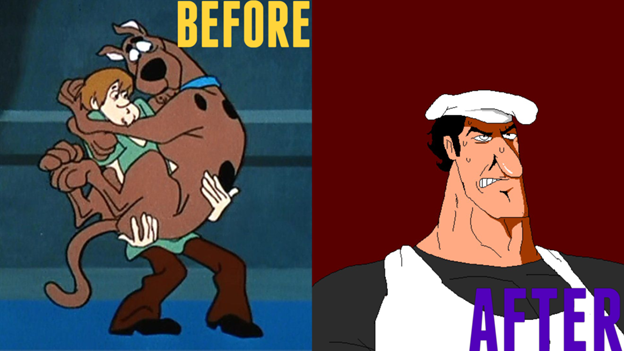
horror games are only played two ways
And what the game wants you to do is handle the different threats and explore in a specific manner. Once you understand that, and the behavior of the beast, then it just becomes a matter of applying that.
Truth be told, every horror game in existence has two forms of playing it --
The player is constantly paranoid and saving every bullet and resource while never knowing what's going to happen.
The player runs through the game going for the best possible rating and laughing in the face of any danger.
This gets at a greater problem that horror has with providing replayable scares that I don't have the space here to ramble on about.
With the difficulty of these games, the issue is that the harder a game is to play, the more restrictive it becomes to win. The people who have broken these games that I mentioned above. They did it by figuring out the most optimal and mechanical way of playing to the point that it trivialized the game. I've watched Markiplier do his max difficulty attempts at the various FNAF titles, and each one becomes a repetitive exercise in repeating the same tasks the same way in the same order until time runs out.
To me, part of good horror is having to make lemons out of lemonade -- yes, you're gun is powerful and great, but what do you do when you only have 2 rounds left? This was in a surprising twist, one of the aspects I liked about Amnesia: The Bunker, in that the player not only had different options open to them, but there was an actual fight or flight element to it.
Microscopic Horror
One trend in horror that while I'm not a huge fan of, I still respect it, is the use of "micro horror." Thanks to RPGmaker and the power of many public engines, it has given horror designers the ability to make short-form horror games. These titles can last 30 minutes, or they could last about 5. The idea is that you are playing a short story -- something that is often very linear, or very unique in its gameplay, and once it's over then it is completely finished and shelved.
Part of the popularity of the Dread X collections was about giving designers the ability to make short-form horror that literally could have been anything. Sometimes this turns out bad; sometimes good, and sometimes there could be a bigger idea waiting to be explored. The advantage of short-form games is that they provide a testbed for a concept to see if it's worth expanding on further.
The issue that I have with micro horror is that in a way it has become an assembly line process -- player walks around somewhere spooky, there are maybe one or two jumpscares in-between, the player is attacked or sees the big bad, the game is over. This has also led to the negative view of episodic horror games that feel like they're mass-produced to try and be the next FNAF or Bendy and the Ink Machine.
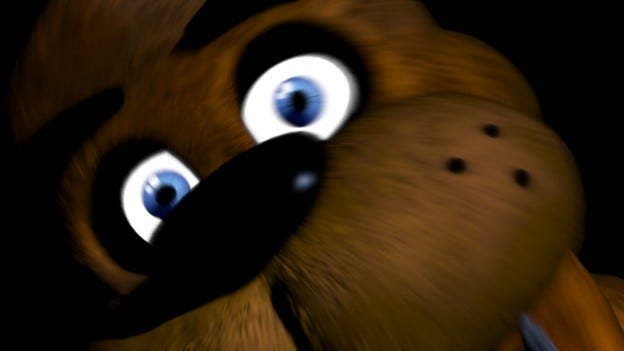
FNAF has been the blueprint for a lot of indie horror games over the years
Just as you can ruin horror by making something too long, you can do the same if your concept isn't given enough room to breathe.
With the episodic structure, the risks of it is that it can lead to inconsistency between the chapters, and you do not want to go into an episodic game under the assumption that each episode will provide funding for the subsequent one.
Game Dev Scares
Making a horror game work is very difficult to do, and it's also a genre that has become flooded with all manner of games trying to be the next FNAF, Outlast, and so on. And despite so many examples of games in the space, I'm having a hard time spotting new games that don't fall into one of the three issues I've talked about in this article.
Can you think of good horror games that managed to avoid these traps? Let me know in the comments below.
And for more on horror design, check out my Deep Dive on Horror Games
If you enjoy my work and would like to support me, you can check out my Patreon. I’m also available for doing consulting work. And if you enjoyed this story, consider joining the Game-Wisdom Discord channel. It’s open to everyone.
About the Author(s)
You May Also Like


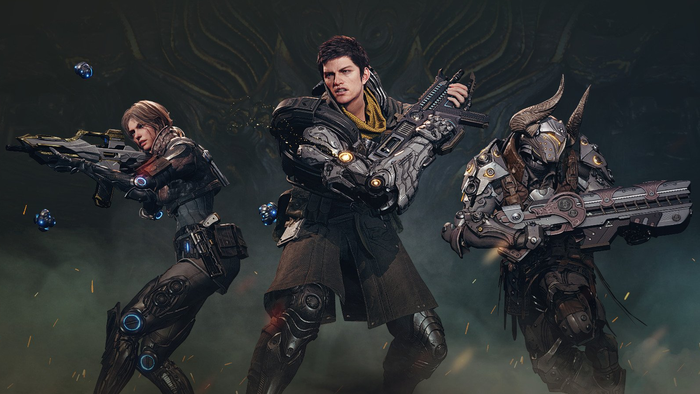
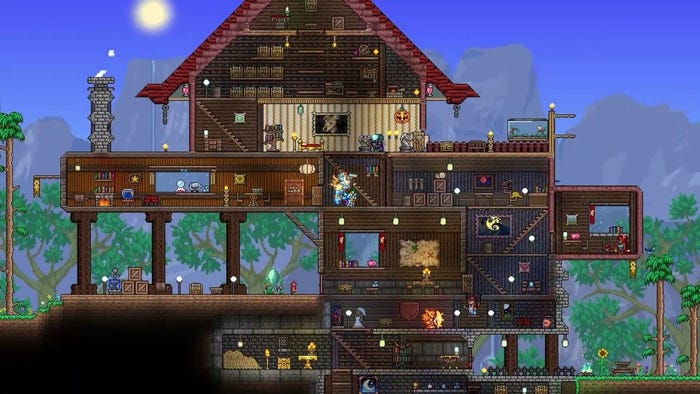
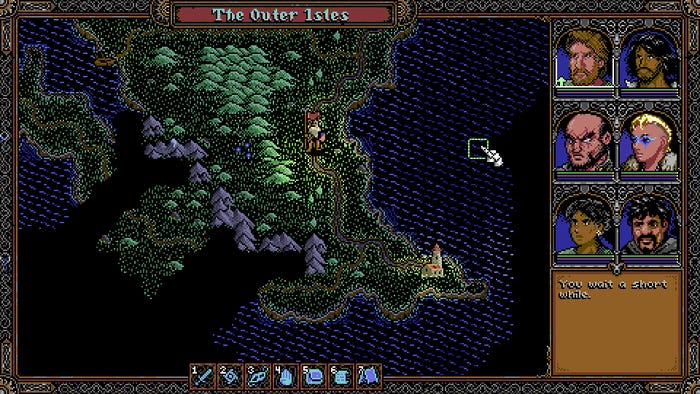
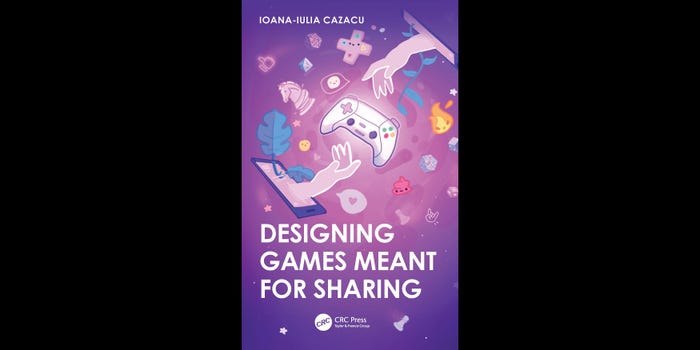

.jpeg?width=700&auto=webp&quality=80&disable=upscale)


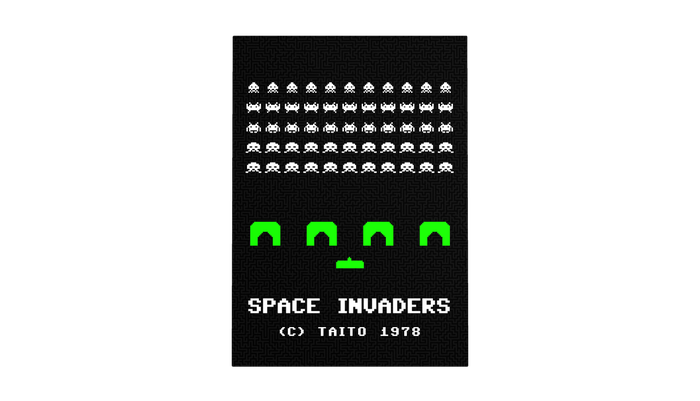
.jpg?width=700&auto=webp&quality=80&disable=upscale)
